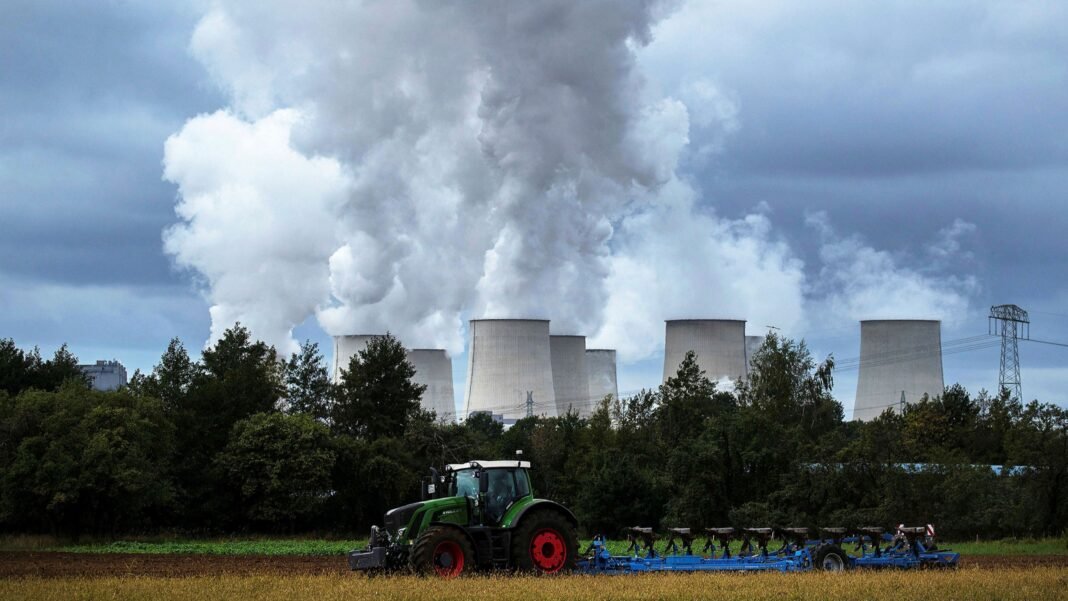The carbon credit industry is booming and with good reason!
Carbon offsets produced through the purchase of carbon credits can improve the environment and spark socio-economic growth.
When speaking about the carbon credit and offset industry, Australian Federal Energy and Emissions Reduction Minister Angus Taylor said, “The fact is, the world won’t achieve net-zero emissions without offsets, including cross-border offsets.”
The reason why? Offsets can make the transition to low emissions simpler as industries develop the technology needed to get there. Without offsets, it would be impossible for the world to keep rising temperatures below 1.5 Degrees Celsius, which the Paris Agreement requires.
The technology to bring us to net-zero isn’t quite there yet. In fact, one report by the Intergovernmental Panel on Climate Change in August found that the world would need to reduce carbon emissions by 45% by 2030 to meet the Paris Agreement’s goal. Unfortunately, with emissions on track to rise by 16%, temperatures may increase by 2.7C. Hence why carbon credits are so important.
Some aren’t so sure.
Standard Chartered Group CEO Bill Winters said that “The voluntary market, as we see it, has an absolutely critical role to play. [But] It’s always going to be a secondary role to the primary focus of reducing the carbon intensity of our economy in every possible way.”
Winters believes the voluntary markets are critical for two reasons:
1.) The markets can move billions into the hands of people who can perform projects that will help improve the environment; and
2.) When appropriately done, the market can provide a price for carbon that is accurate – forcing corporations and the public to make better choices when it comes to their carbon footprint.
His concern is due to a lack of standards, transparency, and in some cases, integrity concerning the verification process. Though some of these concerns are valid, they may not be for long. The verification process is improving, with many entities working together to create global benchmarks.
With some additional regulation and reform, it is safe to say that carbon offsets will play a significant role in helping the world meet net-zero goals.

